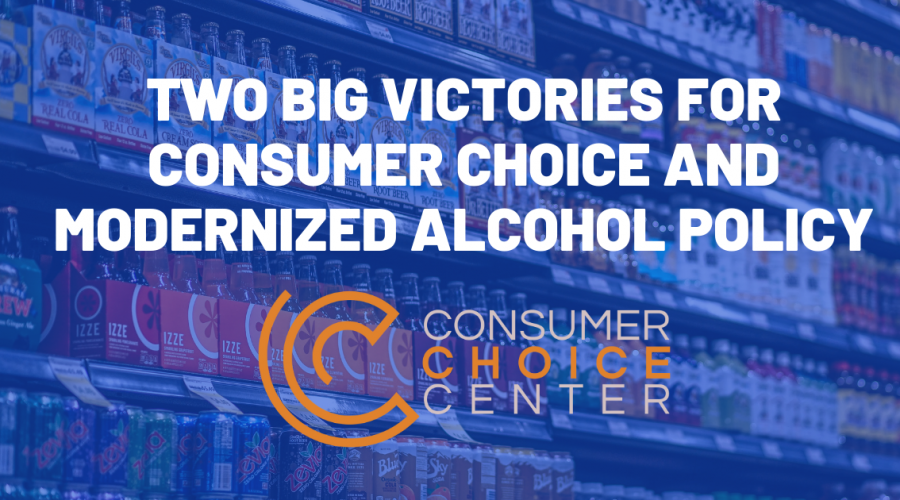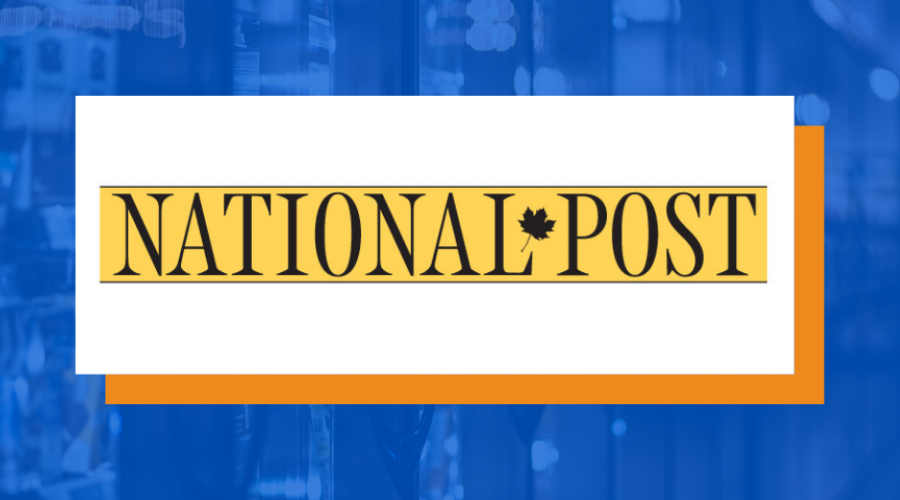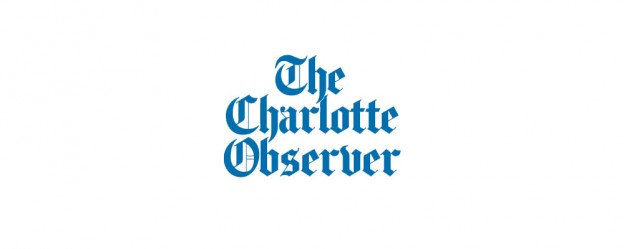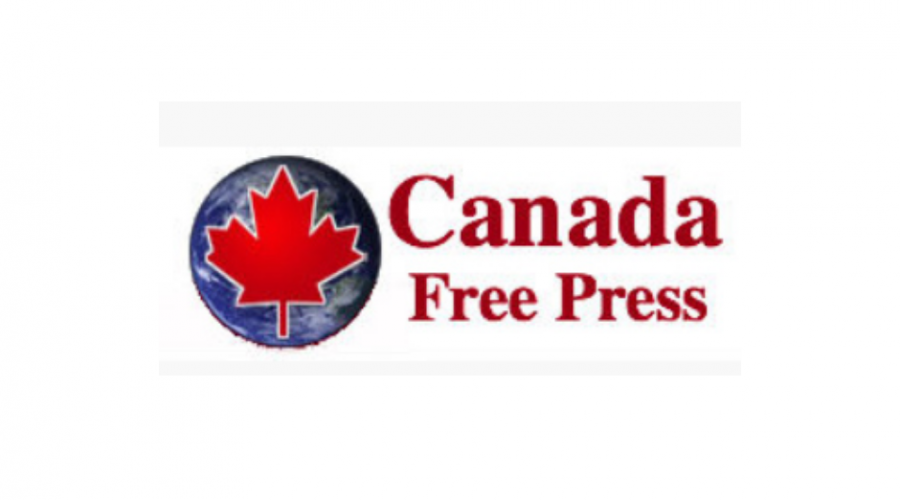OPINION: Craft Beer Law a Win for Consumer Choice, But We Need More Alcohol Reform
Consumer Choice Center Deputy Director Yaël Ossowski applauded the move but said more needs to be done for true alcohol reform in North Carolina.
“This new law will allow breweries to expand and ship more product across the state, giving North Carolina consumers greater access to their favorite craft brews. That’s a huge win for consumer choice,” said Ossowski.
“But we need to go further if we want true alcohol reform. There are bills in both the House and Senate that would green light liquor tastings onsite, finally allow people to purchase their alcohol online, and remove the cap on how much distillers are able to sell to consumers.
“Another big priority should be ending the state monopoly on liquor sales and the outdated ABC system, which raises costs for consumers, misallocates capital better used by private enterprise, and gives too much authority to politicians and administrators as economic planners rather than regulators.
“Bringing North Carolina into the 21st Century when it comes to alcohol policy should be a priority for state legislators, and the latest moves coming out of Raleigh are a welcome sign,” said Ossowski.
—
The Consumer Choice Center is the consumer advocacy group supporting lifestyle freedom, innovation, privacy, science, and consumer choice. The main policy areas we focus on are digital, mobility, lifestyle & consumer goods, and health & science.
The CCC represents consumers in over 100 countries across the globe. We closely monitor regulatory trends in Ottawa, Washington, Brussels, Geneva and other hotspots of regulation and inform and activate consumers to fight for #ConsumerChoice. Learn more at consumerchoicecenter.org.










